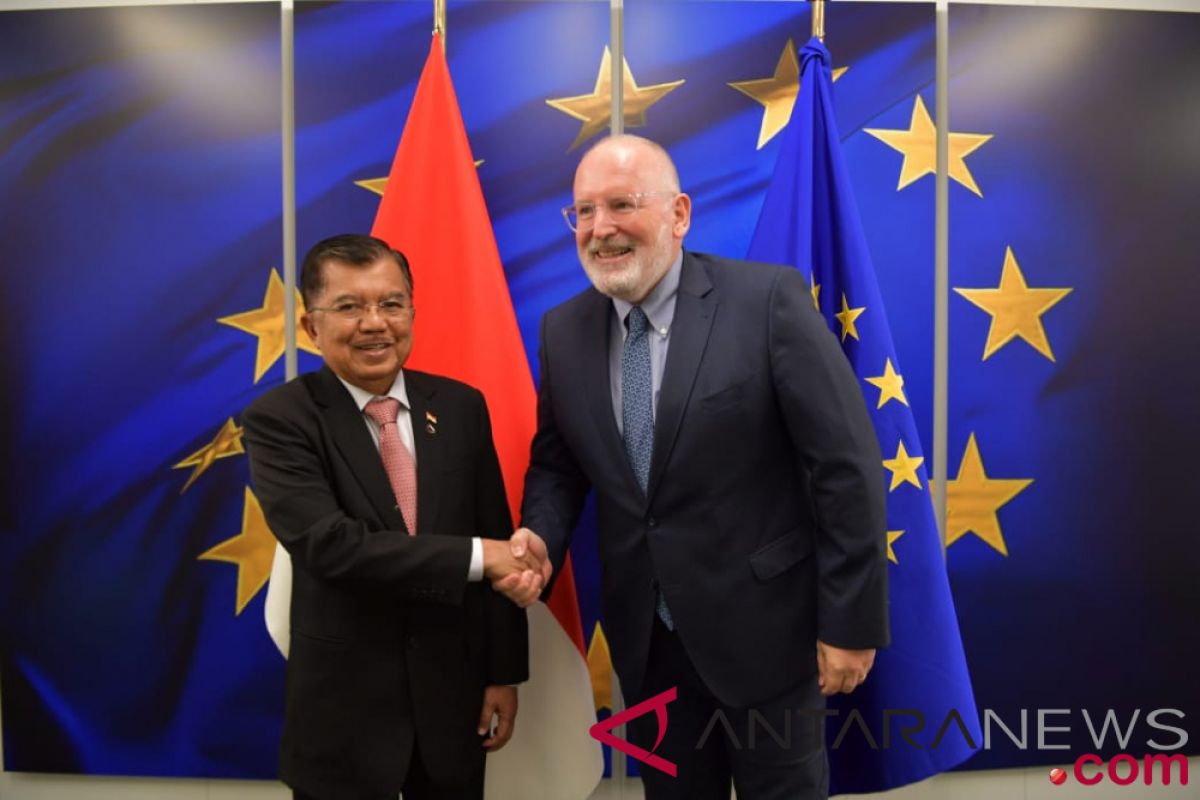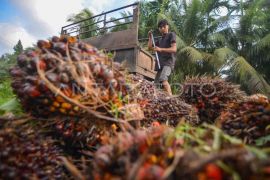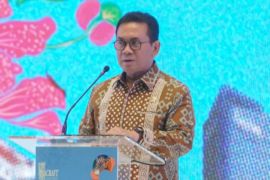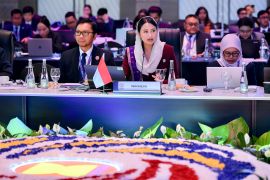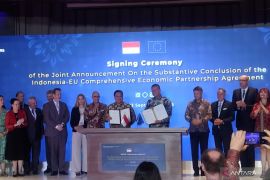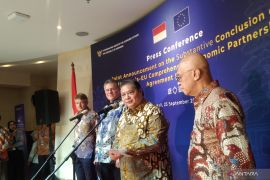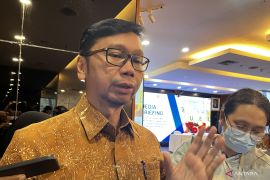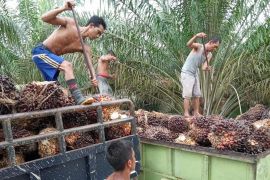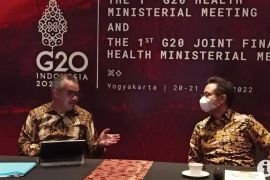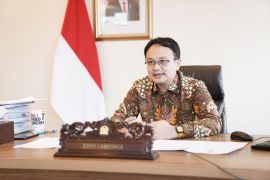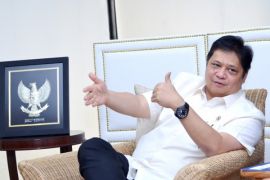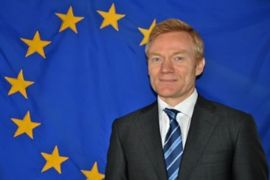The third Joint Committee, under the EU-Indonesia PCA met in Brussels on December 11, 2018. In the third Joint Committee, the EU and Indonesia reviewed existing cooperation and weighed future initiatives to enhance multisectoral cooperation. The next Joint Committee meeting will take place in Jakarta in 2019.
Regarding cooperation in the field of human rights, Indonesia and the EU recalled the 70th anniversary of the Universal Declaration of Human Rights. Both sides welcomed the open and constructive exchange at the annual Human Rights dialogue and the joint organization of a two-day seminar on "Addressing Hate Speech and Disinformation with a Rights-based Approach" held in October last year in Jakarta.
The EU and Indonesia look forward to the next round of their Human Rights Dialogue to be held in Brussels in 2019.
Concerning security cooperation, the third annual EU-Indonesia Security Dialogue held in Jakarta on November 29, 2018, confirmed the growing bilateral engagement and cooperation on security-related issues, reflected by a comprehensive agenda, including inter alia The Common Security and Defence Policy (CSDP); maritime security; counter-terrorism; transnational organized crime; drug policy; disaster management; Chemical, Biological, Radiological and Nuclear Risk (CBRN); and consular protection.
Regarding economic cooperation, the EU and Indonesia acknowledged the progress in negotiations on the EU-Indonesia Comprehensive Economic Partnership Agreement (CEPA) that aims to unlock the significant potential for investment, growth, and sustainable development between both economies. The seventh round of negotiations will take place on March 11-15, 2019, in Brussels.
Regarding palm oil, the EU elaborated on its work on the Delegated Act under the Renewable Energy Directive II. As a response, the Indonesian government underlined the importance of the palm oil sector to its economy, and its policy in ensuring palm oil`s sustainability.
Indonesia`s government also expressed its concerns about the RED II and its Delegated Act, especially on the use of the low Indirect Land Use Change (ILUC) risk criteria as a basis for the development of new certification for conventional biofuel. Both sides agreed to continue its cooperation on this important and sensitive issue.
Furthermore, Indonesia and the EU have enhanced engagement and cooperation on circular economy and maritime affairs, as illustrated by the second Maritime Affairs Dialogue held in Brussels in September and the close collaboration in the run-up to and during the Our Ocean Conference in Bali, as well as the Circular Economy mission of Commissioner Vella in Jakarta last year.
Related to the aviation sector, Indonesia welcomed the European Commission`s decision in June 2018 to remove all air carriers certified in Indonesia from the EU Safety List following improvements to the aviation safety situation that was ascertained in the country in relation to the safety oversight system and implementation of international aviation safety standards.
In addition, both sides lauded the quality of current ongoing development cooperation in the areas of good governance, public finance management reform, climate change, and trade-related assistance. A pipeline of blended finance projects has been created with EU Member States Development Banks to support key reforms and Indonesia`s One Platform for Sustainable Development Goals (SDGs).
Indonesia and the EU also welcomed the signing of a memorandum of understanding (MoU) between the European Investment Bank and the Government of Indonesia that sets the frame for financing on key investment in green infrastructure sectors.
With regard to the environment and climate change, the EU and Indonesia see the pursuit of the SDGs and actions to mitigate climate change as important objectives. During the second Working Group on Environment and Climate Change held in March 2018 in Brussels, the EU and Indonesia discussed, in particular, low-emission policies and measures, long-term climate strategy, sustainable finance, adaptation strategies, biodiversity and wildlife, forestry, circular economy and cooperation in the G20 on topics of common interest.
In particular, both parties took note of most recent Intergovernmental Panel on Climate Change (IPCC) on the urgent need to increase cooperation, ambitions, and implementation of climate action.
The Forest Law Enforcement, Governance and Trade (FLEGT)-Voluntary Partnership Agreement between the EU and Indonesia, which entered into force two years ago, is a successful scheme in the global fight to eliminate illegal logging and the trade in illegal timber products.
Editing by Suharto
Editor: Suharto
Copyright © ANTARA 2019
